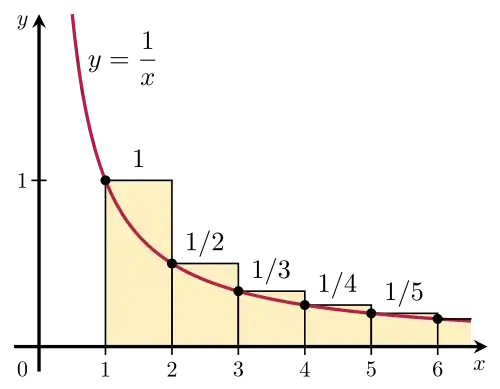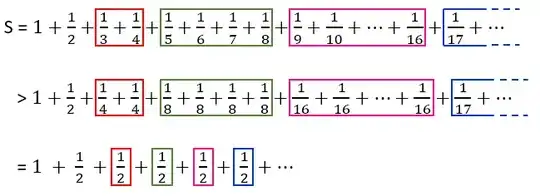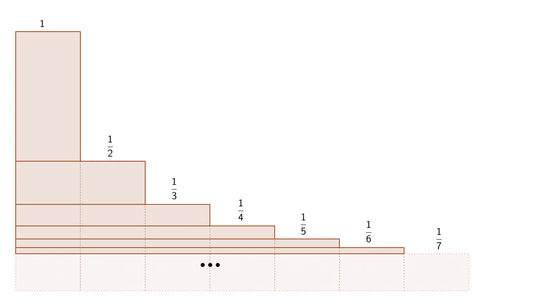I think that an easily comprehensible explanation, the intuitive one, will kind of come after contemplation on the rate of decreasing of members of the series.
The best I could find on the topic is the way Augustin-Louis Cauchy developed his condensation test
Cauchy for sure was contemplating on the members decrease rate and was trying to model his test based on Oresme's beautiful idea. The main question is - how slow should members of the series decrease, so that you can guarantee that a fixed amount of subsequent members can reach the magnitude of the first member? For harmonic series the sum of $2^{n-1}$ subsequent members will always reach $\frac{1}{2}$. What about other series?
I was thinking about this main question before I discovered Cauchy condensation test. The feeling is - when the series decrease rapidly, with high acceleration, you go to infinity faster than the sum of subsequent members can reach the first member. In other words, the subsequent members cannot compensate, all together, on their rapid fall.
How rapidly? What's the criteria to say - starting with this rate of decreasing, the series will converge? I came up with an intuitive criteria, and described it at Can second derivative indicate convergence of infinite series?
My criteria was
If you have a series $\sum_{n=1}^{+\infty}\frac{1}{f(n)}$ where $f(n)$
is monotonically-increasing function, then if $f(n)$ increases faster
than linearly then the series converges; if $f(n)$ grows linearly or
slower, the series will diverge. In other words, if $f''(n)>0$ the
series converges; otherwise, it diverges.
Note that $f(n)$ is the denominator of the series.
I was then shown that for $f(n) = n\log n$ my criteria doesn't work. Second derivative $f''(n\log n)=\frac{1}{n} > 0$ but the series diverges! So even when $f(n)$ grows slightly faster than linear, the series can still diverge. This is the simplest example of Bertrand series that can converge or diverge arbitrarily slowly.
But I am sure that my criteria is very close to truth.
So the answer to the question
How rapidly?
must be very close to
$f′′(n)>\frac{const}{n}$
So, I can amend my criteria to be
If $f′′(n)>\frac{const}{n}$ the series converges; otherwise, it diverges.
I cannot prove it, but it is clear that starting with some acceleration of growing of $f(n)$, the series will always converge, because the members of $\frac{1}{f(n)}$ will start decreasing too fast.



